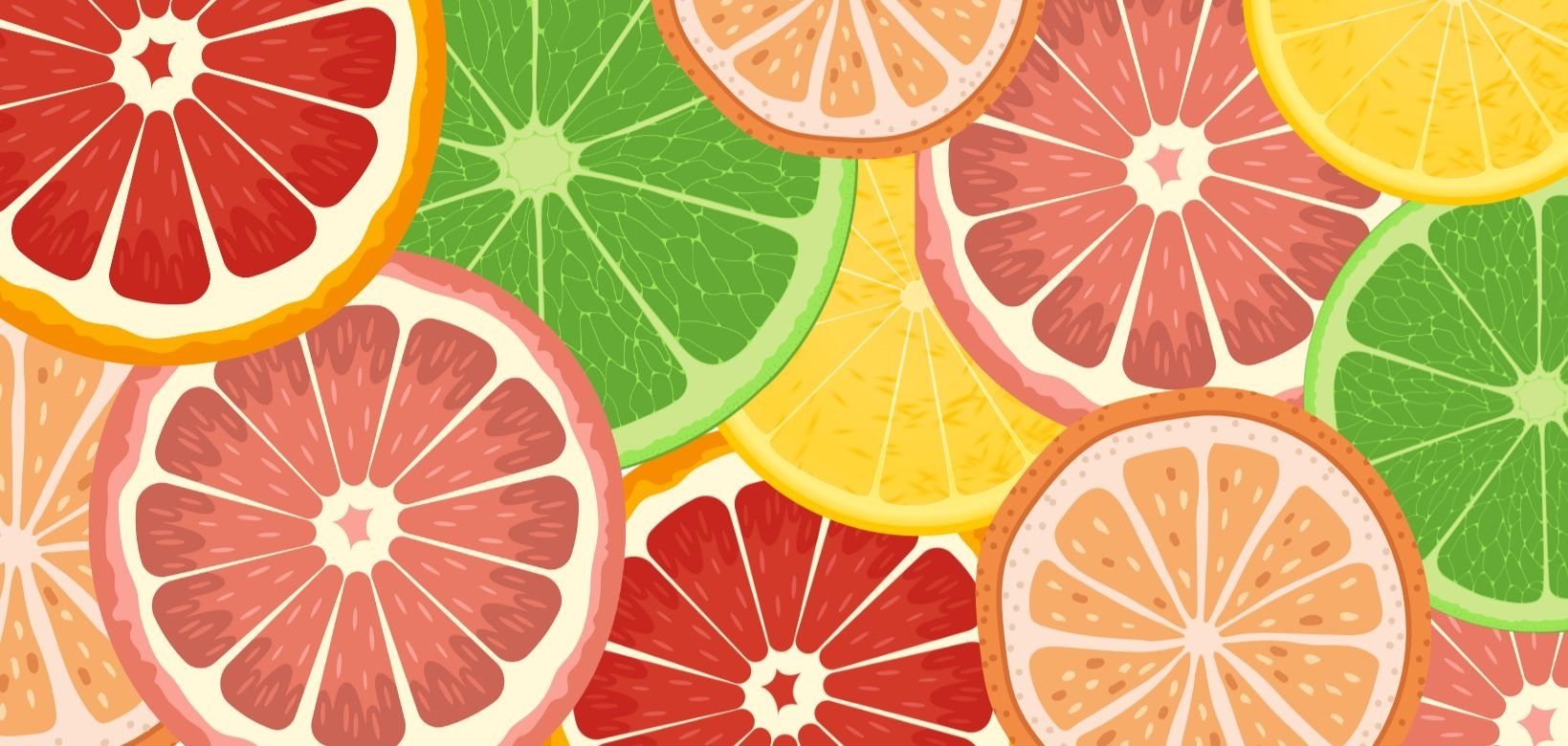How to stop negative thoughts ⬇️⬇️
“Change your thoughts, change your life!”
“What you think, you become!”
“Positive vibes only!!”
While all these affirmations are true, and positivity does attract good things into your life…if you’ve ever been in a spiral of negative thinking, you know that breaking the cycle is easier said than done.
Here’s something that might help:
A newly published study showed 🔅mental imagery🔅 to be an effective distraction from negative thoughts.
The study involved 145 teenagers who were triggered into negative thinking and then guided to break that cycle with either verbal or visual mental imagery.
🍋🍋The visual imagery exercise was as simple as imagining what a lemon looked like in different conditions.
While both verbal & visual distraction improved the teenagers’ moods, the visual imagery also lit up the brain in ways that showed it helped to regulate the nervous system.
That’s a big win 🧠
Everyone will have negative thoughts sometimes. But the skills we have to stop them will determine whether it becomes a lifelong pattern or a mere fleeting moment.





